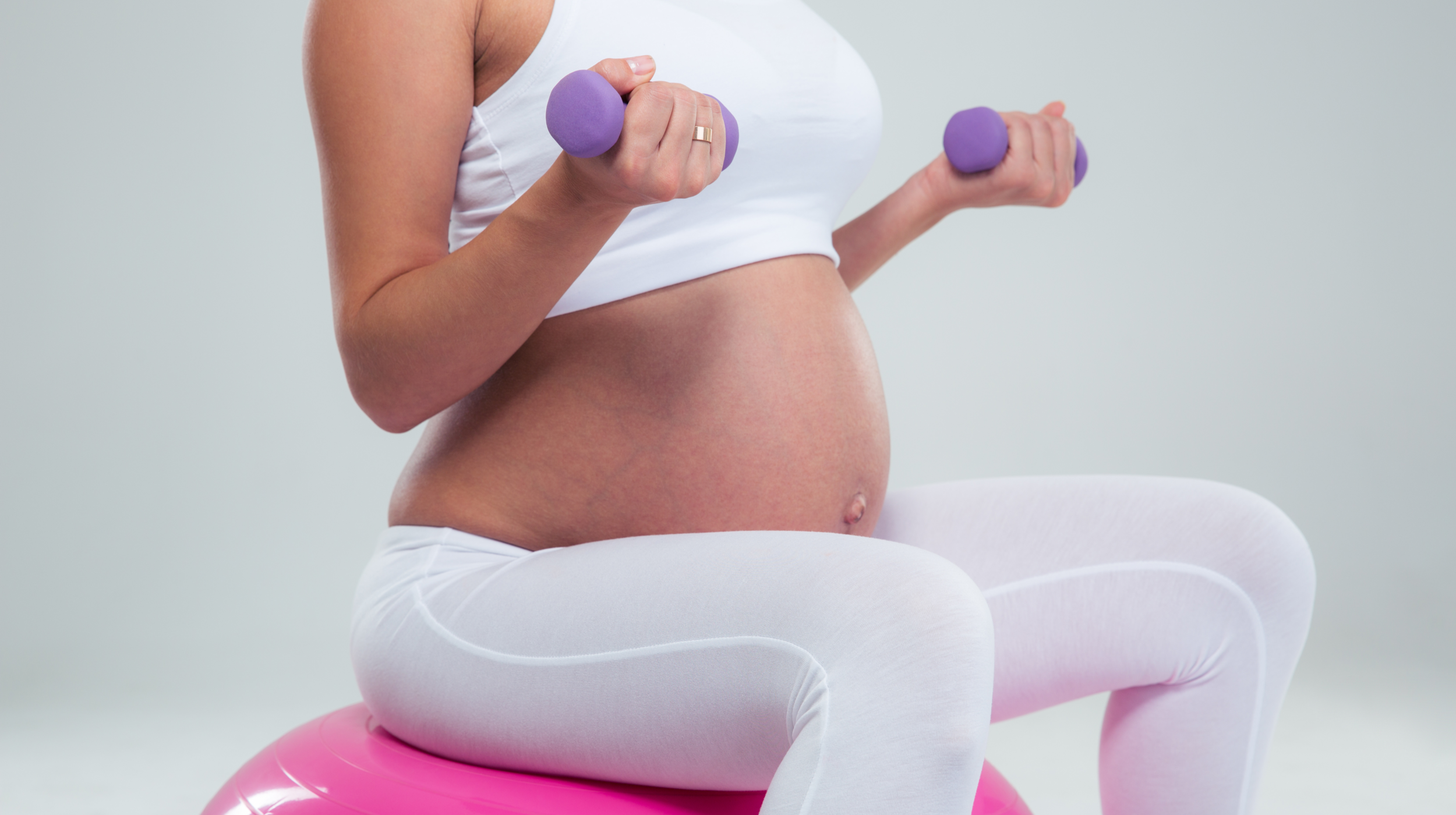Is it Safe to Lift Weights While You are Pregnant?
Aug 26, 2021 mindpumpLifting weights is safe and in fact highly recommended to do while you are pregnant. In fact, the earlier you start, the better you are setting yourself up to have a better pregnancy both before, during and after. The goal is to maintain your fitness, strength, and mobility so that your recovery is quick and effective.
A woman’s body becomes more flexible throughout this process. If you don’t build or maintain your strength, you risk instability and potential hip and lower back pain issues down the line. Building muscle allows you to consume extra calories as well as help with your insulin sensitivity.
Keep in mind that your energy levels will constantly be shifting throughout the process. Your body is going through a new stress and if you are new to lifting weights, you are adding another stress. We want low to moderate intensity. Every woman’s body is different and should be treated as such. Don’t do anything that causes pain or worsens an existing issue. You may feel a lot of fatigue and nausea during your first trimester. This is another reason it’s good to already have developed a regimen going into it. If you miss a workout that’s okay. It’s not a big deal, and you can even go for a walk or swim if you want to get some form of activity in.
The beauty of resistance training is it can be modified and molded to your individual needs. Choose safe movements you can feel the muscles active and moving. Add split stance, and core exercises that will increase your core stability as this becomes a bigger issue later and post pregnancy for women who do not focus on keeping their core strong. Try to get 2-3 days of weight training in a week. During the second trimester, you may find your energy is a lot higher. Take advantage of that. Use the groundwork you used in the first trimester focusing on technique and form to now add a little weight to strengthen those areas. You may find later into the second and third trimester you get away from split stance work and do more wide stance squats and sumo deadlifts. Keep your back strong. You may find you have a tendency to overextend your back to counteract the growing belly which may lead to low back and hip pain. Incorporate mobility drills for the hips and upper body to maintain and strengthen your range of motion in those areas so you don’t lose them.
As far as nutrition goes, focus on quality food. Don’t use this as an excuse to eat whatever you want. Yes you are eating for two, but that doesn’t require as many calories as you think. The research shows you only need 150-200 calories extra during pregnancy (maybe up to 300 during the third trimester). Provide the baby with whole foods. Keep your meals focused on nutrient dense foods that have protein and essential fats (think meat, eggs, fish, etc). Consume carb sources you know your body doesn’t have issues with. Have lots of veggies with each meal. Be okay with taking naps when your energy is low. You may have days when you consume less than ideal foods. That’s okay too. It’s not about the small slip ups but the overall consistency and habits you build over time.







